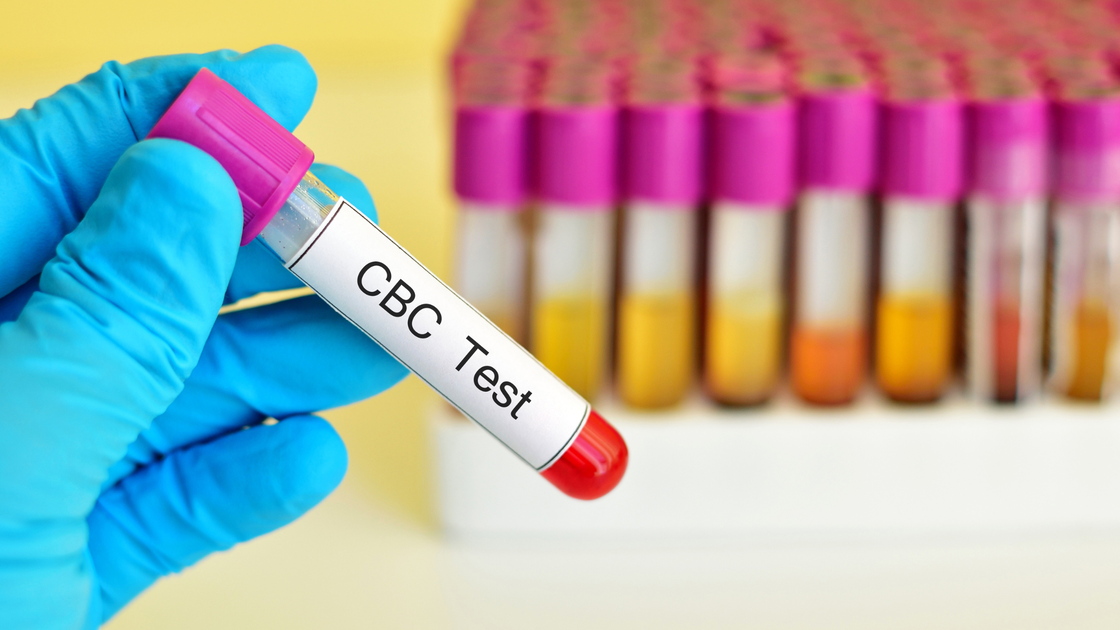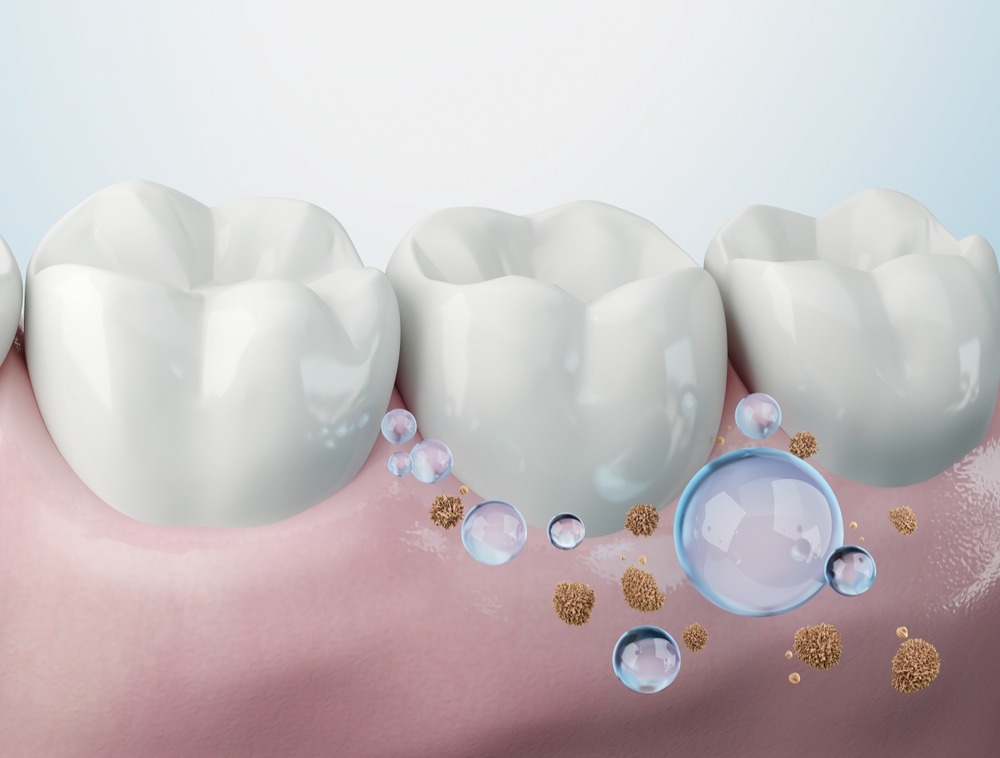

In an era where chronic diseases are on the rise, healthy nutrition is no longer a luxury but a necessity for a better life. Food is no longer just a way to satisfy hunger; it is a powerful tool for preventing and treating diseases.
Therapeutic nutrition experts emphasize that what you put on your plate can protect you from heart disease, balance blood pressure, and strengthen your immune system against viruses and bacteria. At the same time, preventive nutrition offers daily strategies to keep your body at its highest level of strength and vitality.
In this comprehensive article, we will take you on a journey from the basics of healthy nutrition to therapeutic diets, along with practical tips and the latest research, so you can create a complete nutritional plan that suits you and your family.
- Protein: Builds and repairs cells and muscles.
- Complex carbohydrates: The main source of energy.
- Healthy fats (such as Omega-3): Support brain and heart function.
- Vitamins and minerals: Boost immunity and regulate vital processes.
Research has proven that following a healthy diet to strengthen the body helps reduce the risk of common diseases such as diabetes, obesity, high blood pressure, and heart disease.
For example:
- Eating leafy greens daily reduces inflammation in the body.
- Whole grains help stabilize blood sugar levels.
- Fatty fish like salmon and sardines support heart and brain health.
- Eating moderate amounts from all food groups.
- Including vegetables and fruits in your daily routine for a variety of nutrients.
- Limiting sugar and saturated fats.
Garlic and onions: Contain sulfur compounds with antibacterial and antiviral properties.
- Citrus fruits (oranges, lemons, grapefruit): Rich in vitamin C to boost immune cell production.
- Nuts: An excellent source of zinc and magnesium, both essential for immune function.
- Whole grains: Such as oats and quinoa, to support gut health, which accounts for 70% of immune strength.
Specialists design individualized meal plans based on medical test results and lifestyle factors, such as:
- Immunity-boosting plans for children
- Dietary schedules for patients with high blood pressure or cholesterol
- Consultations to manage obesity or underweight before complications develop
- You can now browse our centers to find the best nutrition programs.
A healthy diet plan is customized for each patient based on medical tests and physiological needs to help control the symptoms of chronic diseases such as diabetes and hypertension.
- Control the amount and type of carbohydrates (choose whole grains over refined).
- Increase fiber intake (oats, vegetables) to improve insulin sensitivity.
- Avoid simple sugars and sugary drinks.
High Blood Pressure
- Follow the DASH diet, rich in vegetables and fruits and low in sodium.
- Eat more bananas and avocados for their potassium, which helps regulate blood pressure.
Heart Disease and High Cholesterol
- Reduce saturated fats (fatty meats) and increase healthy fats (Omega-3 from fish and nuts).
- Focus on antioxidant-rich foods such as berries and pomegranate.
Obesity
- Create a plan based on daily calorie calculations.
- Introduce gradual exercise routines to support fat burning.
- Attend regular consultations at nutrition centers to monitor weight and adjust the plan as needed.
The first 1,000 days (from pregnancy to age two) are the most critical for building a child’s immunity and brain development.
- For pregnant mothers: Increase intake of proteins, vegetables, iron, and folic acid.
- For infants: Rely on exclusive breastfeeding for the first 6 months.
- After 6 months: Introduce iron-rich pureed foods such as lentils and sweet potatoes.
Nutrition for School-Age Children
- Meals rich in calcium (milk, cheese) to support bone growth.
- Healthy snacks like fruits or nuts instead of processed sweets.
- Regular water intake, especially during play or study.
- Protein: Essential for fetal tissue growth (white meat, eggs, legumes).
- Iron: Prevents anemia (lentils, spinach, moderate amounts of liver).
- Calcium: Builds strong bones and teeth (milk, cheese, yogurt).
- Folic acid: Protects against neural tube defects (leafy greens, fortified grains).
Tip: Dividing meals into five small portions per day helps reduce nausea and maintain stable blood sugar levels.
- Moderate protein: Maintains muscle mass (fish, chicken, legumes).
- High fiber: Improves digestion and prevents constipation (vegetables, fruits, oats).
- Vitamin D and calcium: Prevent osteoporosis (sunlight, dairy products).
- Good hydration: Drink water regularly to avoid dehydration.
* Tip: Reduce salt intake to lower blood pressure risk, and choose nutrient-dense snacks over empty-calorie foods.
- Chronic conditions (diabetes, hypertension, high cholesterol)
- Unexplained weight loss or gain
- Digestive problems or nutrient absorption issues
FAQ: Nutrition & Diabetes
What are the indicators of prediabetes..?
* Fasting blood sugar 100–125 mg/dL or post-meal 140–199 mg/dL indicates you are at the prediabetes stage and need early dietary and weight management.
How can therapeutic nutrition help prevent diabetes..?
* Following a therapeutic diet and managing weight early can protect you from developing diabetes and help restore normal blood sugar levels.
What is resistin, and how is it linked to insulin resistance?
* Resistin is a hormone secreted by abdominal fat cells and is responsible for increasing insulin resistance.
Why is it important to track waist circumference?
* Measuring waist size weekly is essential because a smaller waist means less resistin secretion and better insulin sensitivity.
Is tracking body weight alone enough..?
* No, you should also track waist circumference to ensure fat loss from the abdominal area, not just overall weight loss.
What is the role of therapeutic nutrition in different diabetes stages..?
- Before diabetes: Prevention and risk reduction.
- After diagnosis: Protection from complications.
- With complications: Reducing severity and improving health outcomes.
Can small weight loss make a difference?
* Yes, losing just 10% of body weight is enough to significantly improve blood sugar control.
In these cases, nutrition centers are the best choice to develop a personalized meal plan based on medical tests and analysis.
At TechnoClinic Nutrition Centers, we provide specialized programs and essential meal plans to ensure adherence…You can contact us now for further consultations and guidance.
 Complete Blood Count (CBC) Test - What You Need to Know
Complete Blood Count (CBC) Test - What You Need to Know
 Daily Dental Care: Your Complete Guide to Perfect Oral Health
Daily Dental Care: Your Complete Guide to Perfect Oral Health
 Therapeutic & Preventive Nutrition: Better Health Guide
Therapeutic & Preventive Nutrition: Better Health Guide

© 2026 Techno Clinics is Proudly Owned by Techno Clinics